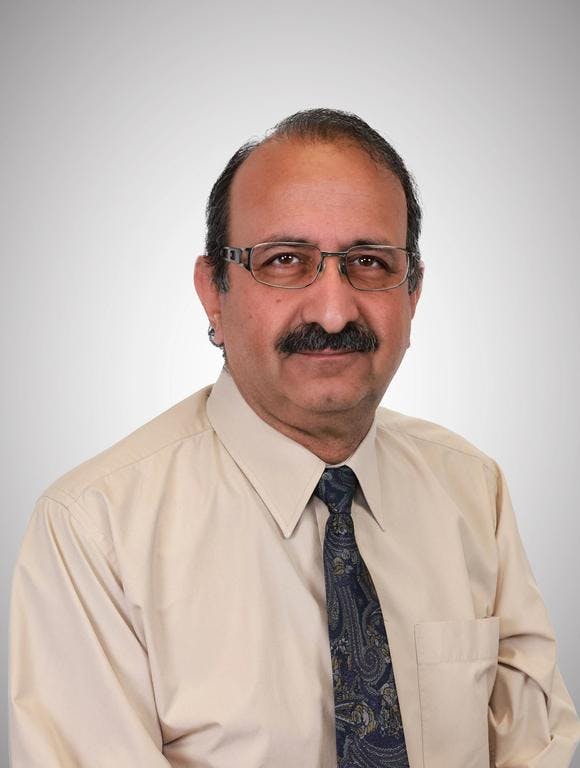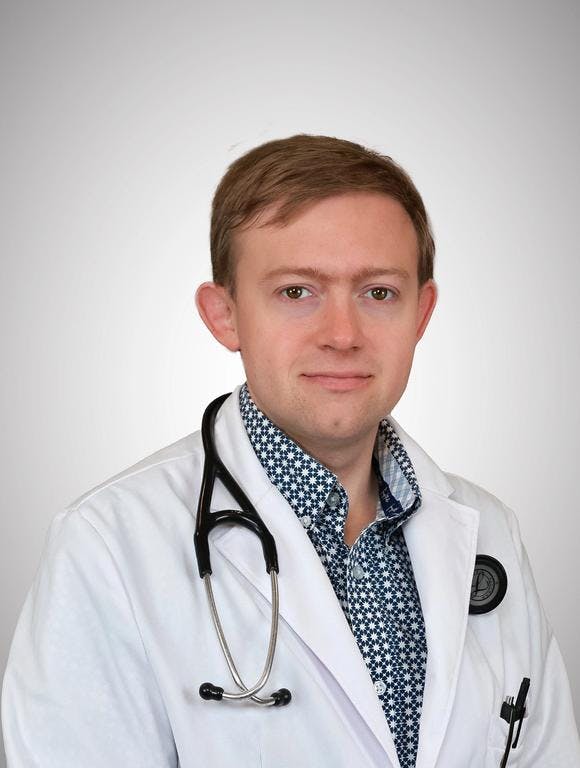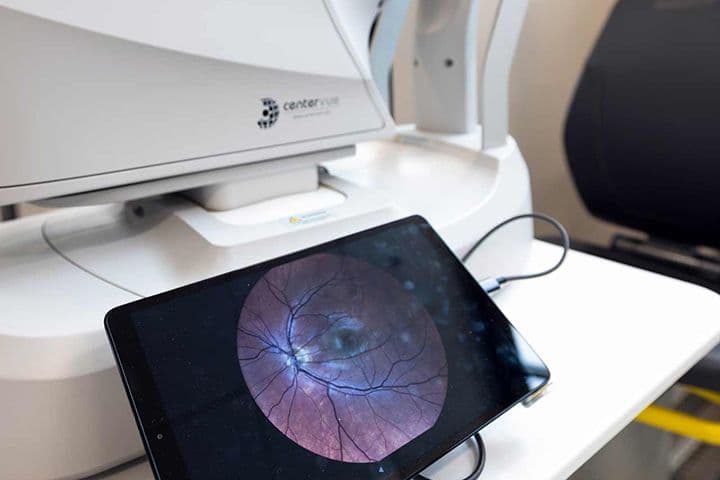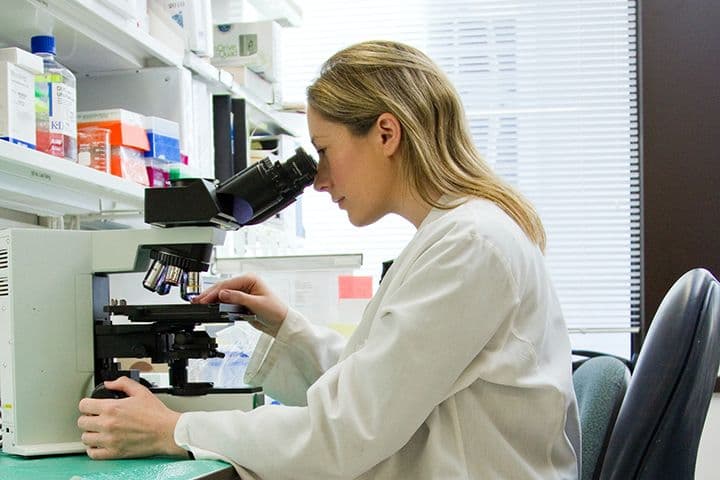
Our research overview
Forging the future of age-related research
From cutting-edge methods to practical applications, we forge a future of proactive health solutions.
Our research team is leading the way in clinical research aimed at addressing the challenges of aging and age-related diseases.
Starting with the creation of in-depth methods to assess the aging process, our team is working towards the ability to determine which interventions can effectively slow down the physical and molecular changes associated with aging. To achieve this, we use a combination of well-established measures like phenotypic age and functional assessments, as well as cutting-edge eyeAge models to gauge health status.
At Hoskinson Health and Wellness Clinic, we aim to apply these results into practical applications with patient care, including stem cell therapies, hyperbaric treatments, interventions to enhance cognitive function, and methods to improve metabolic health.
Current research studies:
GlyLo Supplementation in Post-Menopausal Women
Collaborators – Buck Institute for Research on Aging, CA and Wyoming Center on Aging, University of Wyoming, WY
This study investigates the effect of a nutritional supplement (GlyLo) on weight loss and aging parameters. In addition, we are measuring the reduction of harmful compounds, such as advanced glycation end products.
Biofeedback in Children and Adolescents with ADHD
Study to examine the effects of an integrative intervention Healing Minds that includes Heart Math Biofeedback and Breathing Practices on ADHD severity and Heart Rate Variability in children and adolescents diagnosed with ADHD. The study also explores the effect of the intervention on the mental health of children like PTSD, anxiety and resilience.
Interesting in participating in a study?
Please contact our research department at 307-387-4195.
Research team


Melinda Sothern, PhD

William Hoskinson, DO, Internal Medicine

Sam Navon, MD, PhD

Daniel Davidovich, MD

Lukasz Kiljanek, MD

Julie Weisz



